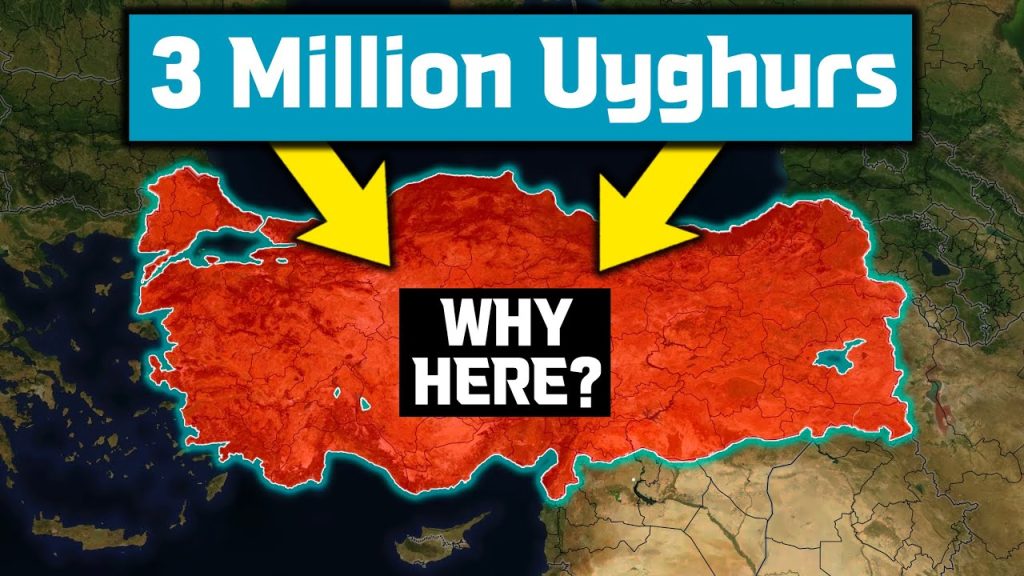Recent discussions have ignited speculation about the possibility of China sending as many as 3 million Uyghurs to Turkey, drawing attention not only to the complex geopolitical dynamics at play but also to the ongoing human rights concerns surrounding this ethnic minority group. However, it is crucial to note that there has been no official confirmation from either Beijing or Ankara regarding this claim.
The discourse surrounding this speculation has stirred social discussions, reflecting the urgency and gravity of the situation facing the Uyghur population. This ethnic group, predominantly Muslim and culturally distinct, is concentrated in China’s Xinjiang Uyghur Autonomous Region. Historically, the Uyghurs have faced deep-rooted conflicts with the Chinese state over cultural and religious identity, leading to a long-standing climate of tension.
As reports have emerged detailing systemic repression against the Uyghurs since the early 2000s, the Chinese government has intensified its policies in Xinjiang, which it justifies as necessary measures against extremism and separatism. Numerous human rights organizations and researchers have documented evidence of extensive human rights violations including mass internment in re-education camps, limitations on religious practices, forced labor, and intrusive surveillance.
Estimates suggest that over 1 million Uyghurs have already been detained in various camps across China, a situation that has prompted international outcry and condemnation. The proposed relocation of Uyghurs to Turkey not only brings to light the precarious condition of this ethnic group but also raises pressing questions about Turkey’s role as a potential host country, especially considering its significant Uyghur diaspora.
Turkey has long been seen as a refuge for Uyghurs fleeing persecution, hosting a substantial community that has established roots over the years. However, Turkey already grapples with an overwhelming refugee crisis, hosting millions of displaced individuals from various conflict zones, predominantly from Syria. This burden poses significant logistical and social challenges for the Turkish government and its ability to accommodate any further influx of migrants.
Furthermore, the idea of a mass transfer of Uyghurs to Turkey highlights the contentious relationship between China and other nations regarding the treatment of ethnic minorities. Geopolitically, Turkey’s position as a bridge between East and West, both culturally and economically, complicates its diplomatic relations, especially with China, which views concerns over Uyghurs as interference in its internal affairs.
This speculative move also raises ethical questions about the potential fate of the Uyghurs in Turkey. Would the Turkish government be able to provide adequate support and integration for these individuals? Or would they simply find themselves in a new environment facing similar hardships that they left behind?
As the world watches these developments unfold, the plight of the Uyghurs remains a significant humanitarian issue that transcends borders. The ongoing discussions reflect deeper anxieties not only about the immediate welfare of the Uyghur population but also about global human rights standards and the responsibilities of nations to protect those who seek refuge.
In conclusion, while the notion of resettling millions of Uyghurs in Turkey remains speculative and unconfirmed, it underscores the critical need for continued international focus on the Uyghurs’ plight and the broader implications of their treatment by the Chinese government. As these discussions engage various stakeholders, the hope remains that the voices of the Uyghurs will be heard, and their human rights upheld.



